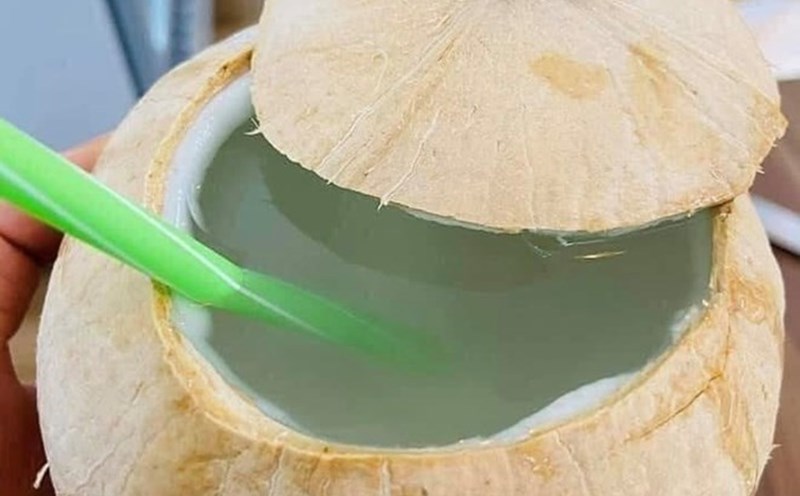Lemon juice is high in citric acid, a compound that can prevent the formation of kidney stones. Citric acid works by:
Increases citrate levels in urine: Citrate is a natural inhibitor of calcium crystallization, helping to prevent the formation of calcium oxalate stones, the most common type of stone.
Lie with calcium: Citrate can bind to calcium in the urine, reducing the amount of free calcium that can crystallize into stones.
Increased urine pH: Lemon juice can make urine less acidic, creating an unfavorable environment for stone formation.
A published study shows that drinking half a glass of diluted lemon juice per day can increase citrate levels in urine and reduce the risk of kidney stones.
A clinical trial has assessed the effects of adding fresh lemon juice to the diet for patients with a history of recurrent calcium oxalate stones.
In this study, 203 patients were divided into two groups: one group supplemented 60 ml of fresh lemon juice twice a day, the other group did not supplement.
After a year, the rate of stone recurrence in the group using lemon water was 10%, compared to 22,2% in the group not using it. This difference has statistical significance, showing that lemon juice can reduce the risk of kidney stone recurrence.
In addition to helping prevent kidney stones, lemon water also brings many other health benefits:
Provide vitamin C: Helps strengthen the immune system and fight oxidation.
Support digestion: stimulate bile production, support the digestion of fat.
Helps control weight: Lemon juice can create a feeling of fullness and reduce cravings.
How to use lemon water to support kidney stone excretion:
To take advantage of the benefits of lemon water in preventing kidney stones, you can:
Mix 60 ml (about 4 tablespoons) of fresh lemon juice into 1 liter of water and drink throughout the day.
Drink diluted lemon water in the morning on an empty stomach to increase effectiveness.
Avoid adding sugar to lemon juice, as sugar can increase the risk of stone formation.
Notes when using lemon water:
Lemon juice is highly acidic, which can cause tooth enzyme erosion. You should drink it through a straw and rinse your mouth after drinking it.
People with stomach problems, such as stomach ulcers or acid reflux, should consult a doctor before using lemon juice regularly.











